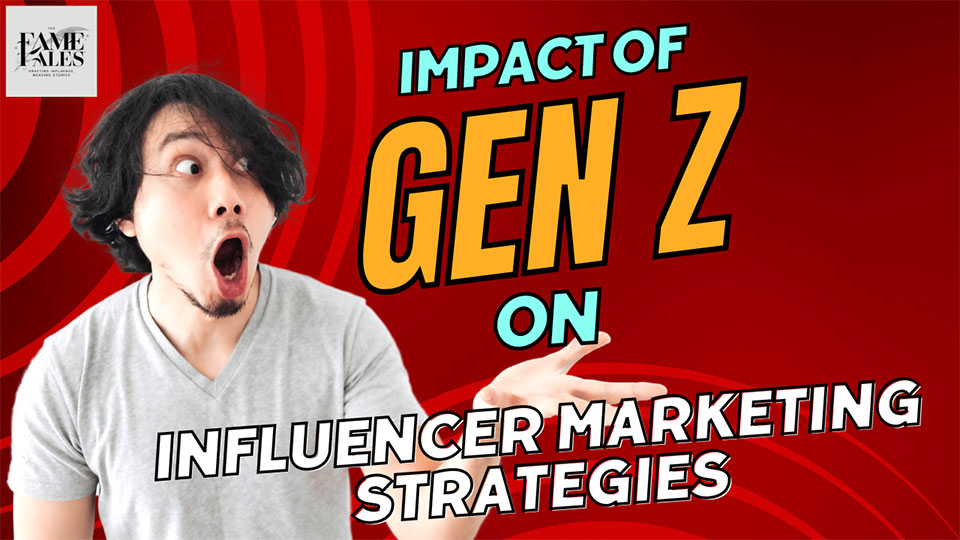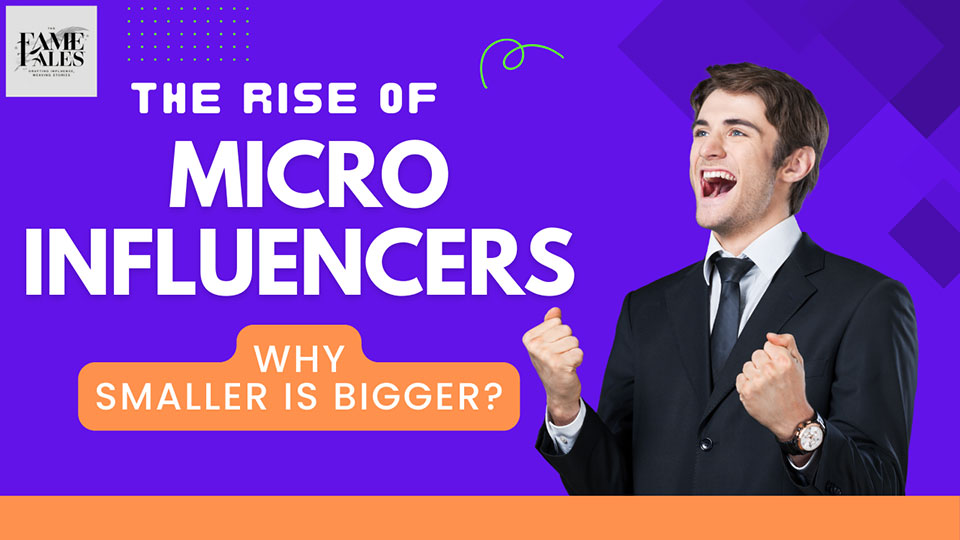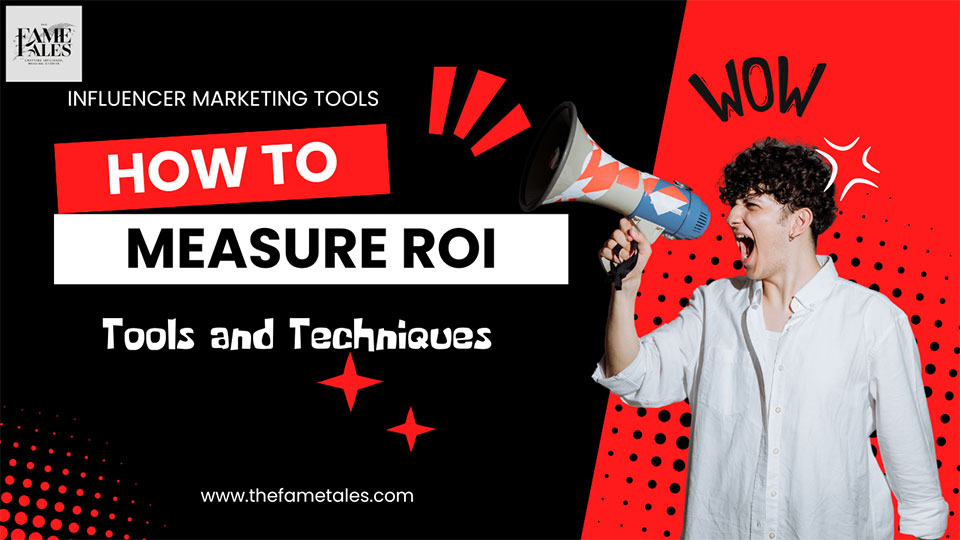The Future of Influencer Marketing: Predictions for the Next 5 Years

Introduction
In the ever-evolving landscape of digital marketing, influencer marketing has emerged as a dominant force, reshaping the way brands connect with consumers, drive engagement, and foster brand advocacy. As technology advances, consumer behavior evolves, and social media platforms continue to proliferate, the future of influencer marketing holds both promise and uncertainty. In this comprehensive exploration, we'll delve into predictions for the next five years of influencer marketing, highlighting emerging trends, challenges, and opportunities that will shape the industry's trajectory.
The Evolution of Influencer Marketing
Influencer marketing has undergone significant evolution since its inception, transitioning from niche collaborations to mainstream marketing strategies embraced by brands of all sizes and industries. Over the next five years, we can expect the following trends to drive the future of influencer marketing:
1. Rise of Micro and Nano-Influencers
Micro and nano-influencers, with smaller but highly engaged followings, will continue to gain prominence in influencer marketing strategies. Brands will prioritize authenticity and niche relevance over sheer reach, leveraging micro and nano-influencers to connect with hyper-targeted audiences and drive higher engagement and conversion rates.
2. Emergence of New Social Media Platforms
As social media continues to evolve, new platforms and formats will emerge, offering novel opportunities for influencer marketing. From short-form video platforms like TikTok to audio-centric platforms like Clubhouse, brands will experiment with diverse channels and content formats to reach and engage with audiences in innovative ways.
3. Integration of AI and Data Analytics
Advancements in artificial intelligence (AI) and data analytics will revolutionize influencer marketing strategies, enabling brands to harness data-driven insights for audience segmentation, content optimization, and performance tracking. AI-powered tools will streamline influencer discovery, content creation, and campaign management, enhancing efficiency and effectiveness.
4. Focus on Long-Term Relationships
Brands will increasingly prioritize long-term relationships with influencers, moving away from one-off campaigns towards sustained partnerships built on trust, mutual goals, and shared values. Long-term collaborations foster authenticity, consistency, and loyalty, driving greater brand affinity and advocacy among influencers and their audiences.
5. Emphasis on Diversity and Inclusivity
Diversity and inclusivity will take center stage in influencer marketing campaigns, as brands recognize the importance of representation and authenticity in connecting with diverse audiences. Brands will collaborate with influencers from diverse backgrounds, ethnicities, genders, and body types to ensure inclusivity and relevance in their messaging.
Challenges and Opportunities Ahead
While the future of influencer marketing holds immense potential, it also presents challenges and uncertainties that brands must navigate effectively. Some key challenges and opportunities include:
1. Navigating Regulatory Landscape
With increased scrutiny from regulatory bodies and consumer watchdogs, brands must navigate complex legal and ethical considerations in influencer marketing. Compliance with disclosure requirements, data privacy regulations, and consumer protection laws will be paramount to avoid legal repercussions and maintain trust with consumers.
2. Combatting Influencer Fraud and Fake Engagement
Influencer fraud, including fake followers, likes, and comments, poses a significant challenge to the integrity and effectiveness of influencer marketing campaigns. Brands must implement robust vetting processes, utilize third-party verification tools, and prioritize engagement metrics over vanity metrics to identify genuine influencers and mitigate fraud risks.
3. Measuring ROI and Effectiveness
Measuring the ROI and effectiveness of influencer marketing campaigns remains a persistent challenge for brands. Over the next five years, brands will increasingly adopt sophisticated attribution models, data analytics tools, and performance metrics to track and quantify the impact of influencer collaborations on brand awareness, engagement, and sales.
4. Adapting to Platform Changes
Social media platforms will continue to evolve, introducing new algorithms, features, and advertising policies that impact influencer marketing strategies. Brands must stay agile and adaptable, keeping pace with platform changes, trends, and consumer behavior to maintain relevance and effectiveness in their influencer campaigns.
Conclusion: Navigating the Future of Influencer Marketing
As we look ahead to the next five years, the future of influencer marketing holds tremendous potential for brands to connect with consumers, drive engagement, and achieve marketing objectives. By embracing emerging trends, prioritizing authenticity, and leveraging data-driven insights, brands can navigate the challenges and uncertainties of the influencer marketing landscape and unlock new opportunities for growth and success.
As technology continues to evolve and consumer preferences shift, brands must remain agile, adaptable, and forward-thinking in their influencer marketing strategies. By staying informed, innovative, and ethical, brands can harness the power of influencer marketing to forge meaningful connections with audiences, drive brand loyalty, and shape the future of marketing in the digital age.
Other Blog
- Influencer Marketing for Small Businesses: Tips and Tricks
- The Impact of Gen Z on Influencer Marketing Strategies
- How to Find the Right Influencers for Your Brand in 2024
- The Rise of Micro-Influencers in 2024: Why Smaller is Bigger
- How to Measure ROI in Influencer Marketing: Tools and Techniques
- The Benefits of Long-Term Influencer Partnerships
- How to Use Influencer Marketing for Product Launches
- The Ethics of Influencer Marketing: What Brands Need to Know
- How to Avoid Common Pitfalls in Influencer Marketing Campaigns
- The Future of Influencer Marketing: Predictions for the Next 5 Years
Related Blogs

Influencer Marketing for Small Businesses: Tips and Tricks

The Impact of Gen Z on Influencer Marketing Strategies

How to Find the Right Influencers for Your Brand in 2024

The Rise of Micro-Influencers in 2024: Why Smaller is Bigger

How to Measure ROI in Influencer Marketing: Tools and Techniques

The Benefits of Long-Term Influencer Partnerships

How to Use Influencer Marketing for Product Launches

The Ethics of Influencer Marketing: What Brands Need to Know

How to Avoid Common Pitfalls in Influencer Marketing Campaigns

